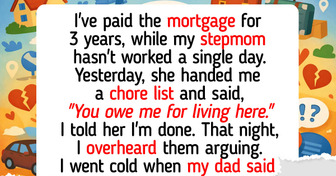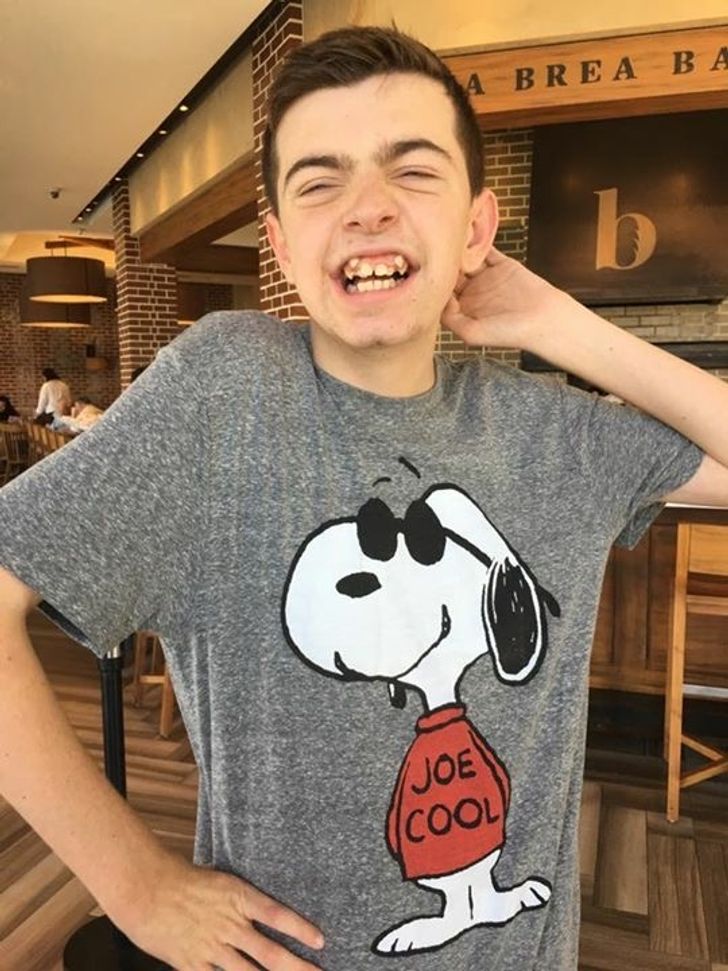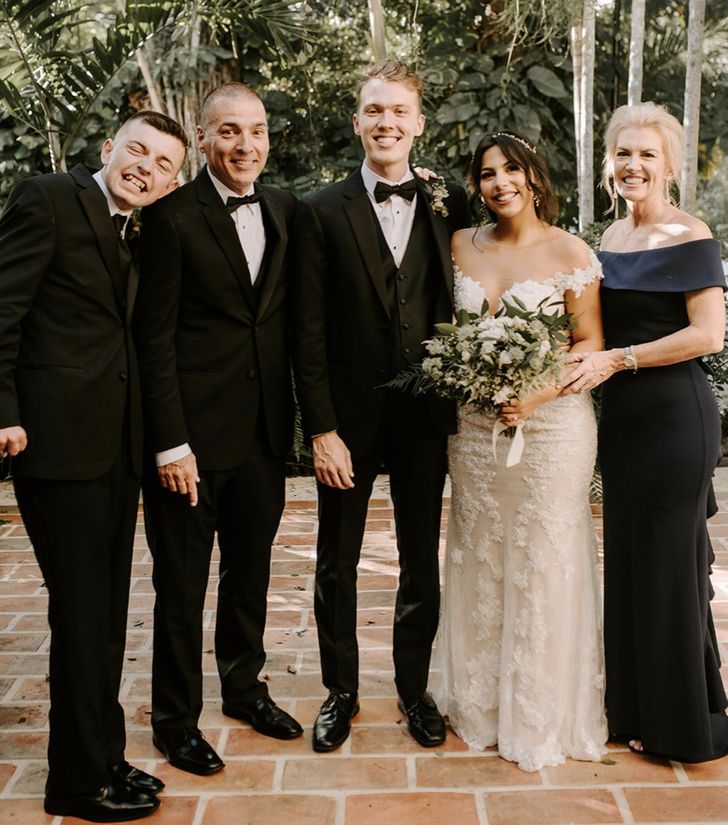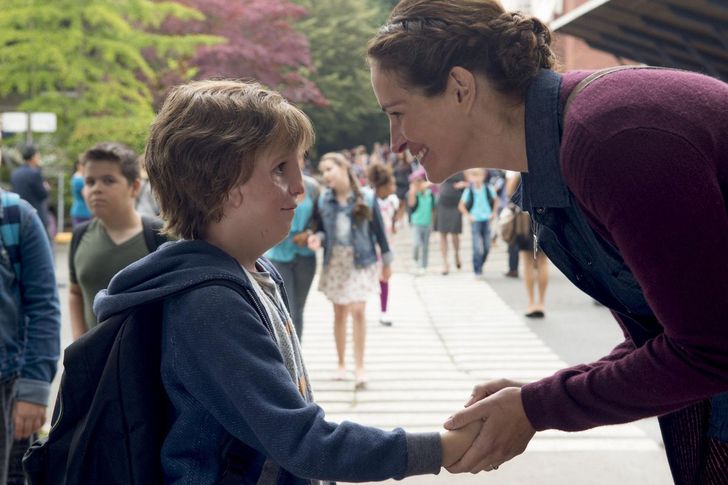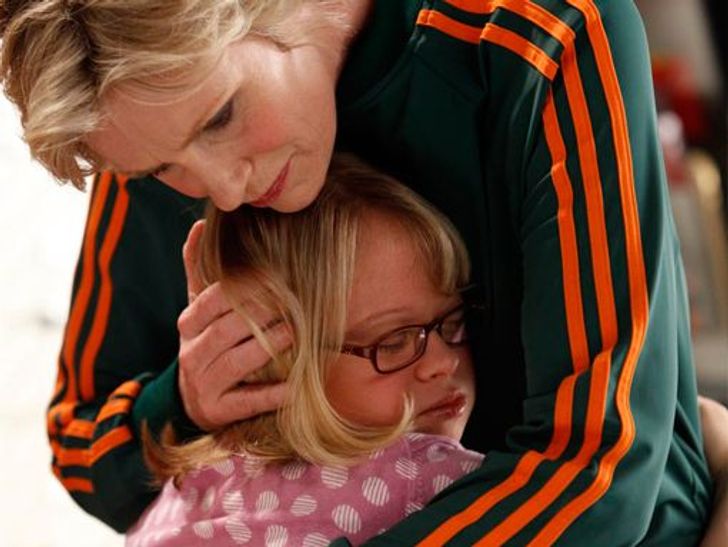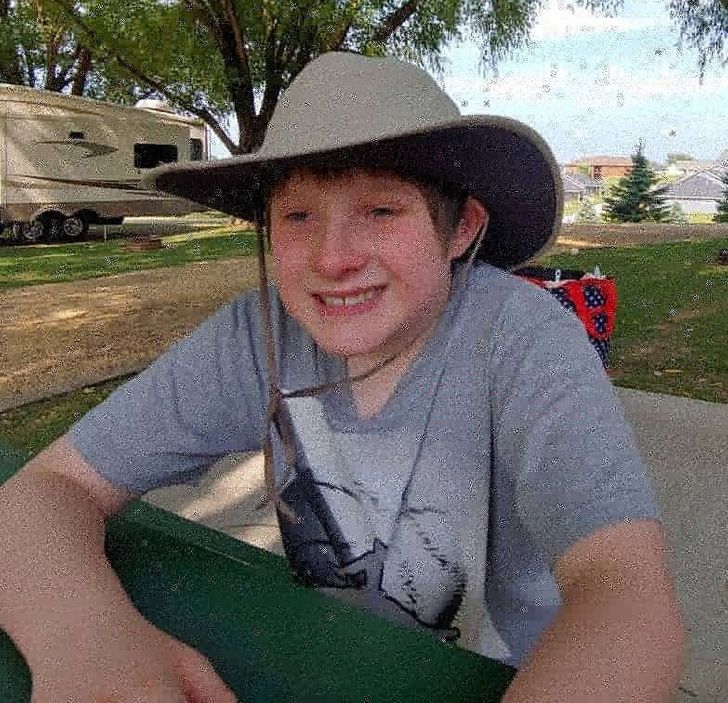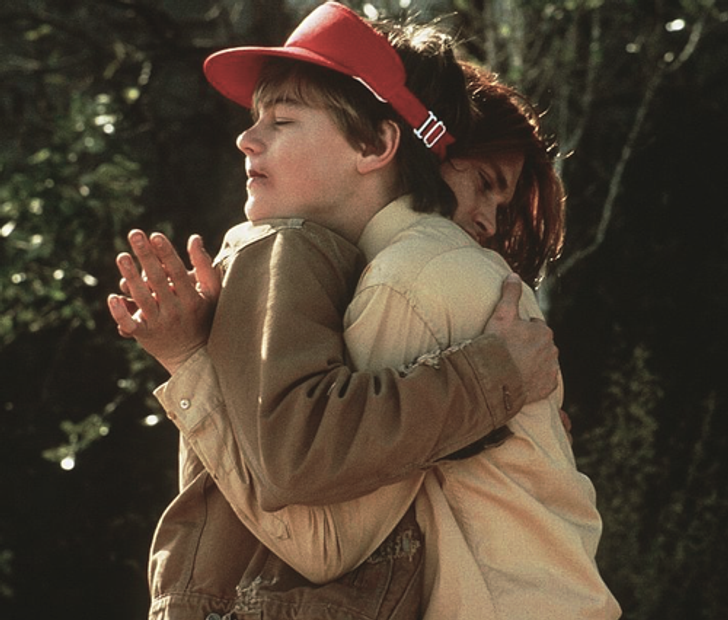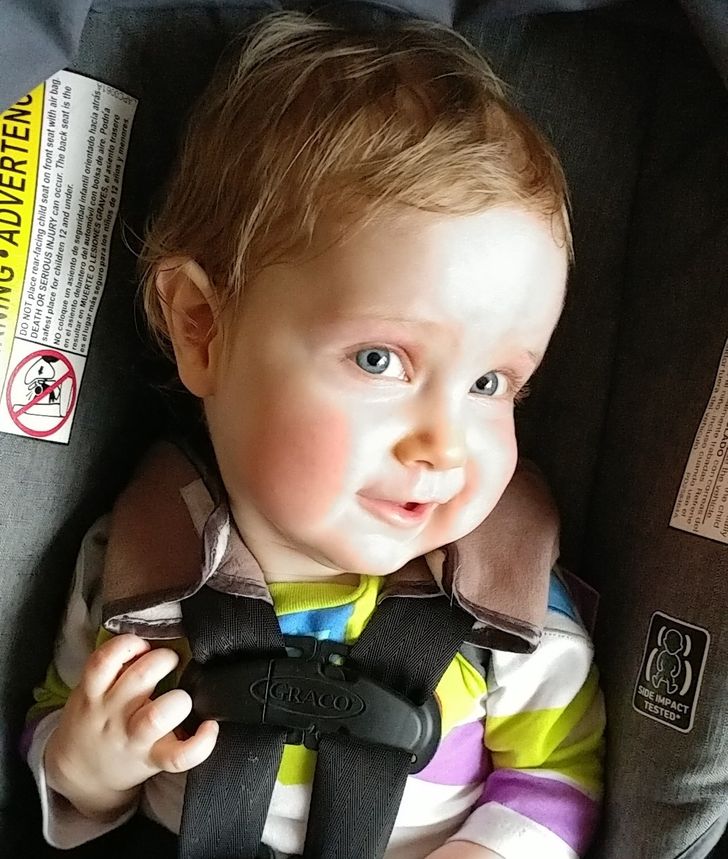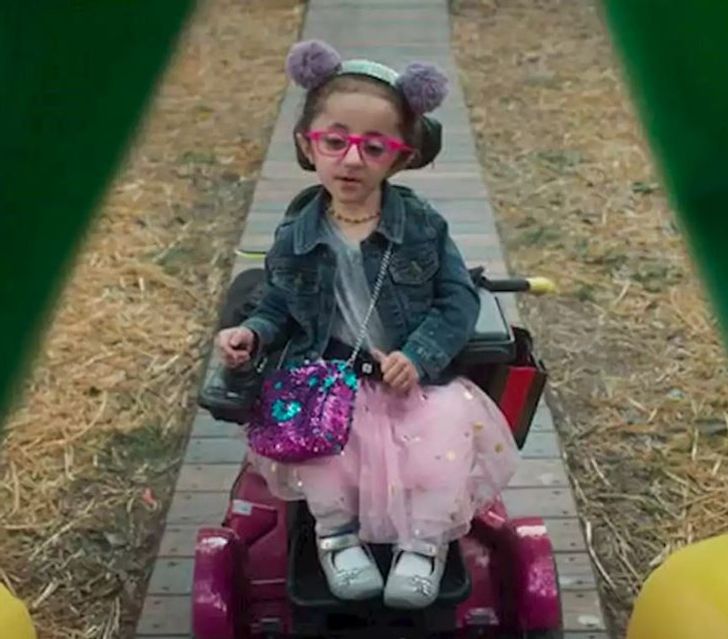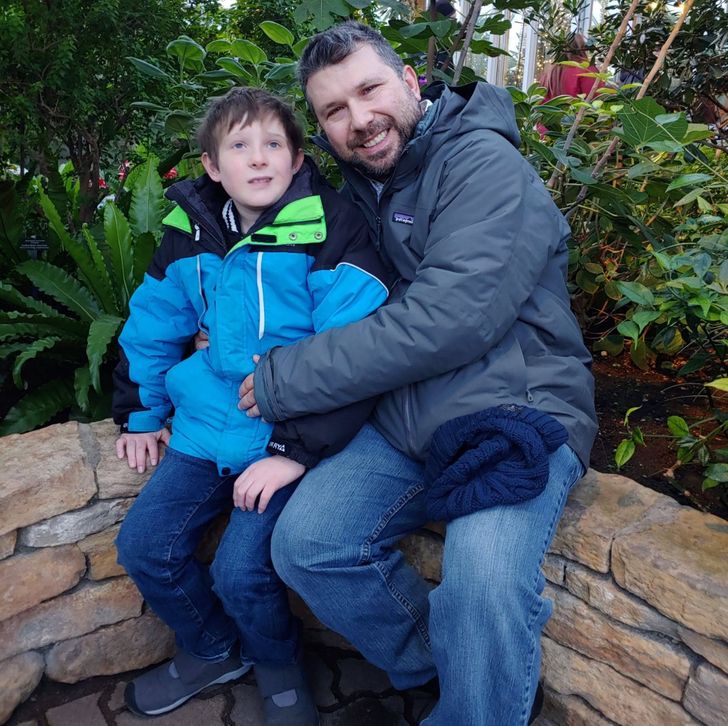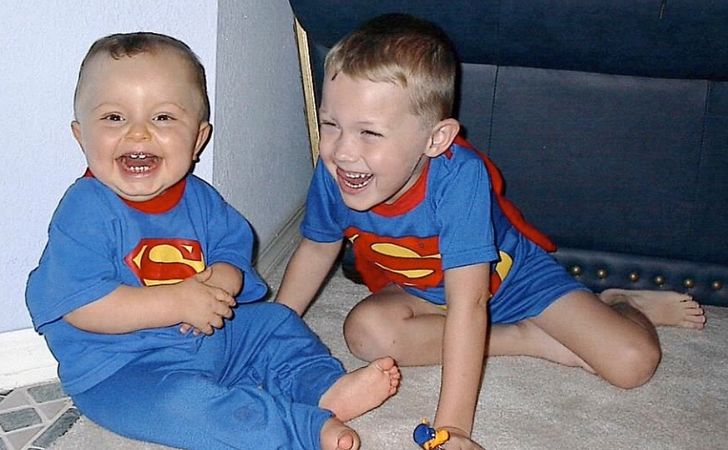Welcome iloveyou
What Parents of Special Needs Children Want You to Know
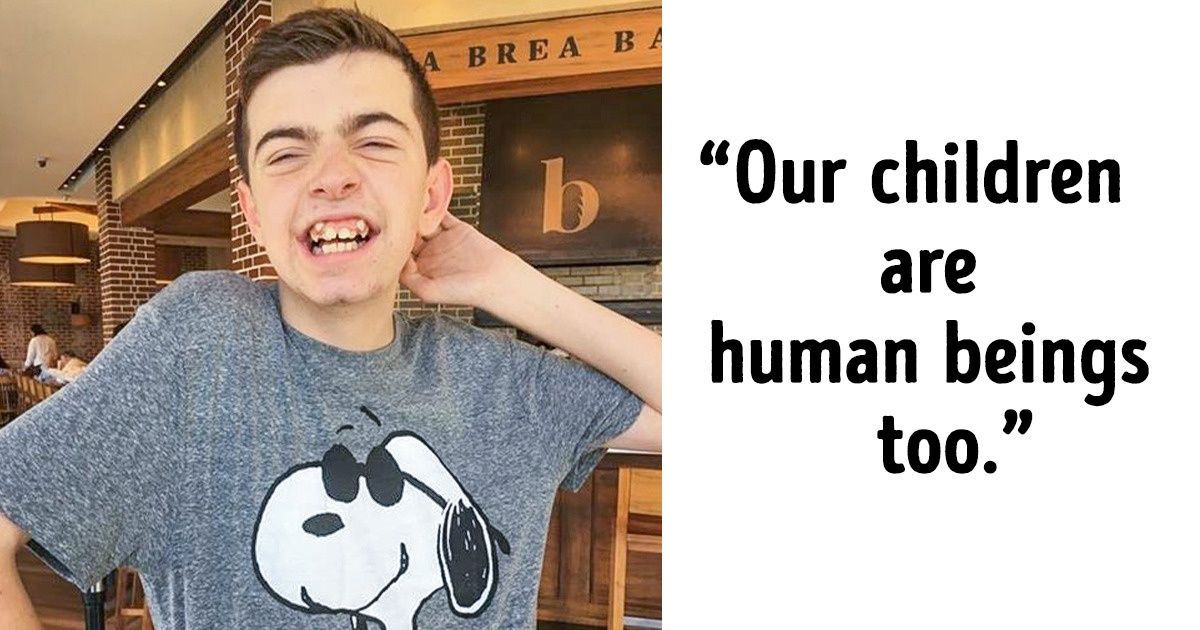
One billion people, which is about 15% of the world’s population, experience some form of disability. They do not have the same opportunities as we do and often experience exclusion from everyday activities. 2 of these people are Christopher and Nicolas. Christopher’s father, John and Nicolas’ mother, Melanie share their beloved sons’ experiences with us.
We at Bright Side think that we can all learn a lot from these 2 amazing parents.
Our children are human beings like everyone else.
Even if they seem different, they are worthy of kindness and respect. And kids with special needs, even with a similar diagnosis, are completely different. Assuming you already know them makes it really hard to actually engage with and learn about them.
We’re okay, we have ups and downs just like you do.
Sure, there are moments and days when life has been really hard, but in the grand scheme of things, even in those bad moments, we’re still ok. Our life has ups and downs, like yours. Our family has challenges and blessings, like yours. Our days are a mix of fun, work, and routine, like yours.
No 2 special needs families are alike.
Parenting a child with special needs is difficult emotionally, physically, and financially. It can also be exceptionally rewarding. But every family is special in their own way, so it’s better to not expect the same kind of reactions to what you’ve heard or read or experienced from other special needs families.
Our kids also want to be accepted and included.
Some of the kids can’t speak, but they still have feelings and can understand things. Nothing breaks a parent’s heart more than when someone says something mean to their kids. They wish other kids were taught to interact with kids who are different. All children have a desire for friends and, in fact, some of them, like Melanie’s son Nick, actually love people!
We can’t always be there, so to have an understanding family and friends is a gift.
Our kids require much more assistance than you might realize. Even if sometimes it might seem as though we have time for normal activities, there are unseen factors that need to be considered. It’s great to have family and friends who give us a chance, without expecting an explanation.
Managing the time and demands of our kids is challenging, but doable.
In John’s case, he creates a calendar to allot some personal time and allows for some flexibility in the schedule that he shares with the mother of his child. As for Melanie, initially she did not make time for herself, thinking that it would be selfish to do so. But now she realizes that taking time for herself to unplug and recharge is actually a great benefit for her kids and husband. So she has made some small changes, like waking up early to have coffee alone, reading, running, and weightlifting.
We appreciate help, especially if it’s a specific offer.
The generic “let me know if you need help” offers aren’t very helpful. But people can always be helpful in the smallest ways. The most wonderful offers are very specific, like offering to take the other siblings out for the day, offering to babysit, offering to cook meals, offering to help with errands, or offering school transportation.
We believe that people’s pity comes from genuine concern.
When people sympathize with us, we feel like they mean well and it might just be misplaced compassion. We don’t mind it, we imagine that they just can’t grasp how our lives are. Pity is usually communicated as “poor you,” but changing that to “how can I support you” could help others understand us better.
Our children are not “broken,” they are whole people.
While our kids might not be able to do things that others are able to do, it does not mean that they are not worth the trouble. All it takes is a little bit of love, respect, and patience to give a chance to someone different.
Going out to an unfamiliar place can be challenging.
If we’re not prepared or we don’t know enough about the environment we are going to, it can be stressful. Things like being able to find a companion bathroom are a really big deal.
The struggle gets harder as our kids get older.
It was easiest when they were babies, and when people couldn’t tell that they were different. As they get older, it is more obvious to others, which means people treat us differently. However, by then we are more used to what is expected of us as their parents, so the net result is that our life is happier and easier.
We hope our kids get to grow and be loved even after we’re gone.
They may not be able to go to college, live on their own, or get married, but they will need friends and people to support them when we’re no longer there for them. We are taking planning for the future very seriously, financially and geographically. We hope that they get to learn, despite fewer opportunities and resources for adults with special needs.
The hardest struggle is watching our kids struggle to do something other kids can easily do.
Some of the hardest struggles come from watching the pain that our kids have to endure, like when John’s son had a series of seizures in one day. But even on the good days, just watching our kids not being able to do things that other kids can do, breaks our hearts. When he was one, Melanie’s son tried so hard to roll over during therapy but couldn’t. Melanie still has a vivid memory of that moment that made tears stream down her cheeks.
Being parents of special needs kids can be a lonely journey.
It was very tempting to pull away from friends and family, especially during the early years. It was also hard to connect with all the parents who had “normal” children. But getting support from communities with people who are going through the same thing, helps.
So John and Melanie have some advice for new parents of special needs children.
It is vital to get the support that you need, you shouldn’t have to go through this journey alone. Reach out to family, friends, groups, and clinics in your area. And remember, no matter what diagnosis or prognosis you have been given, the doctors are only able to tell you the things that will be missing or challenging. There will also be wonderful, positive, life-changing experiences that you otherwise could not experience.
They also shared the things that their children have taught them.
John learned how to be a better person and that love is not limited by disability. Melanie’s son taught her that life is good and sometimes imperfection is where the sweet spot can be found. She also learned that everyone is created with a purpose in life and that love is the most important thing.
What would you do if you met a special needs kid or their parents? Do you have experience with people with special needs? Share this article so that they can feel more seen and heard.
Comments
Thank you for this!! ?
No one is perfect, we should all learn to live with eachother
Good that these kids have caring parents
Related Reads
I Refused to Knit My Coworker a Free Blanket, and Now HR Is Involved
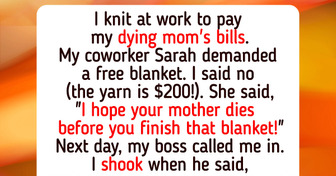
20+ People Who Prove Outsmarting Life Is an Art Form
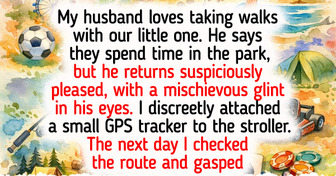
16 Moments That Show Kindness Is the Quiet Courage the World Needs
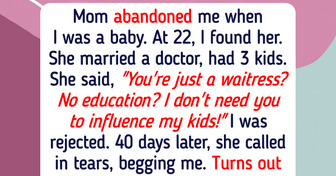
13 Stories of Quiet Kindness That Show Superhuman Strength in Ordinary People

20+ Stories That Prove Having a Supportive Family Is the Best Safety Net in the World
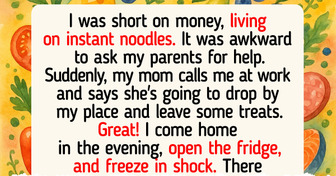
My Neighbor’s Dog Poops in My Yard, but Things Escalated Faster Than I Expected
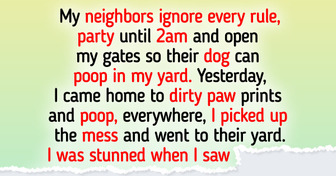
13 Teachers Who Didn’t Just Teach a Subject, They Rescued a Soul
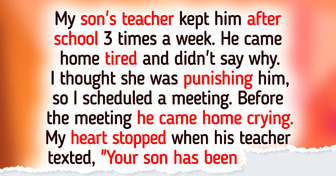
I Trained the New Hire Who Took My Promotion—My Revenge Was Calculated
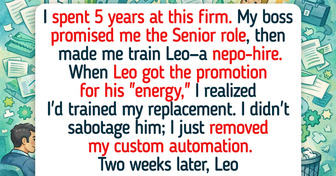
I Refuse to Cook Vegan Meals for My Stepson—And It Turned Into a Nightmare
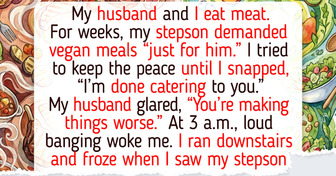
10 Stories That Prove Kindness Is the Backbone of Humanity
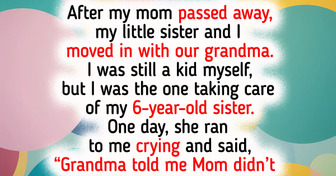
15 Times People Refused to Be Mean—And Kindness Proved More Powerful
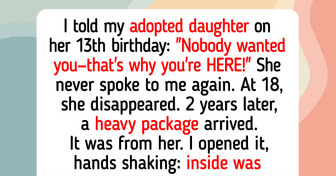
I Refused to Be Treated Like a Maid in My Own Home—So I Changed the Rules
